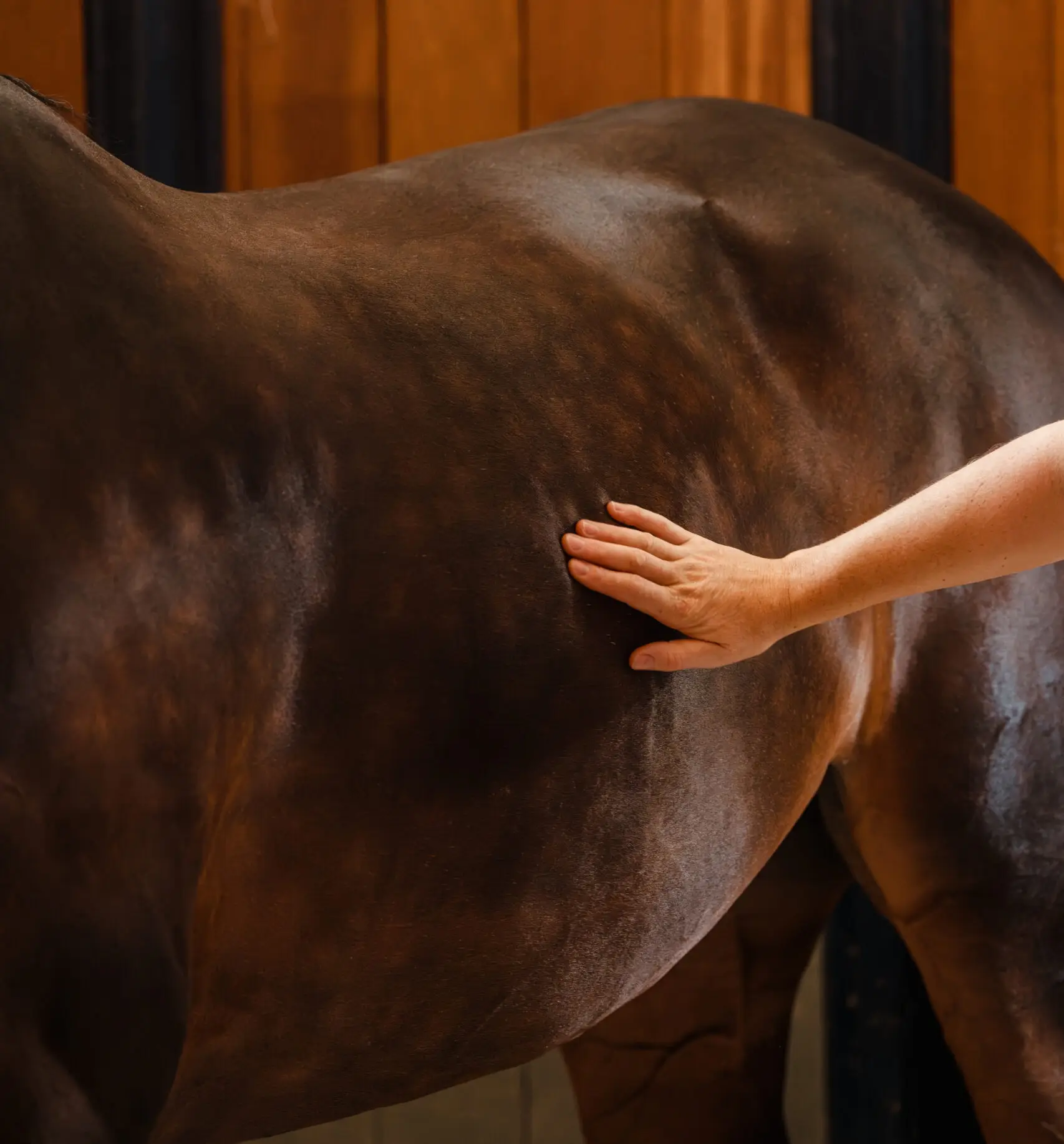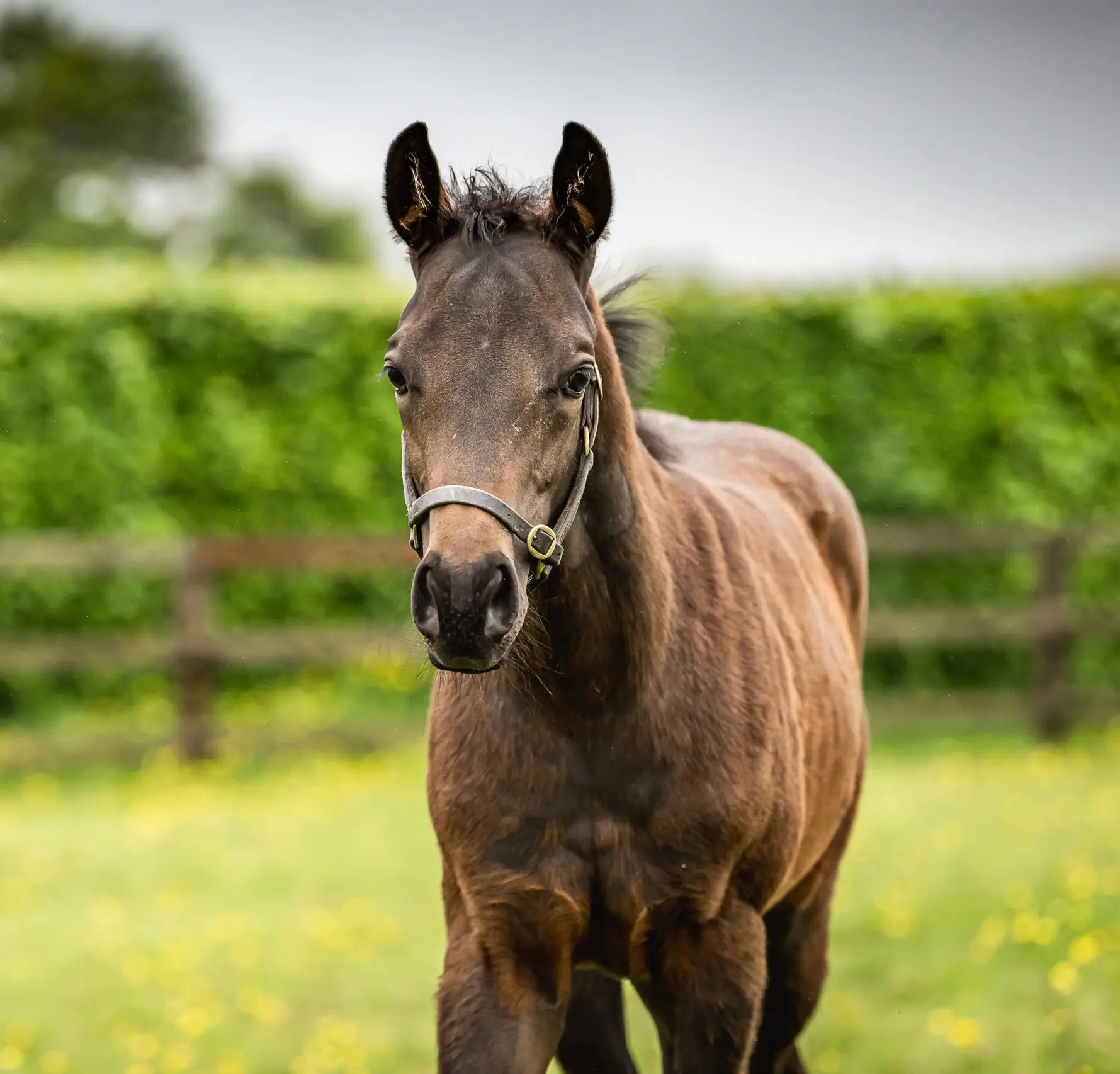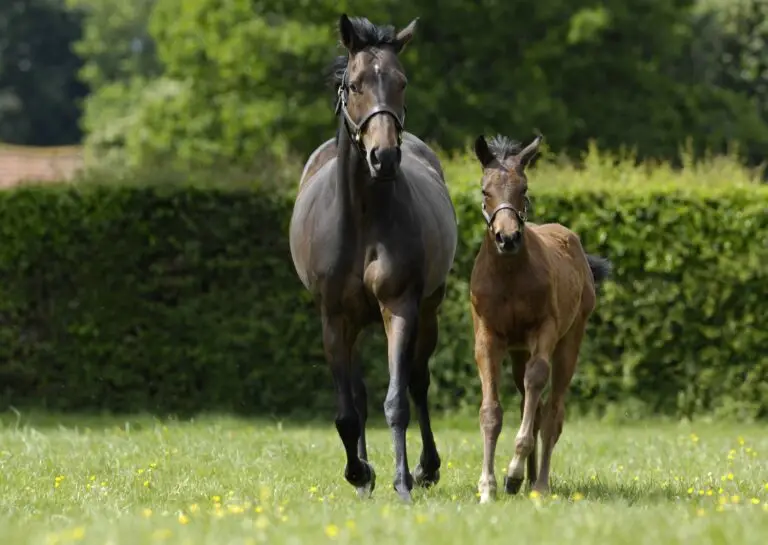
Antioxidants and the exercising horse
Free radicals are believed to play a role in muscle fatigue during exercise. Antioxidants can act to counteract these unstable molecules, thereby helping to support muscle health and recovery. Consequently, antioxidant supplementation during periods of intense exercise – such as training and competition – can be highly beneficial for optimising performance.
What are antioxidants and free radicals?
The term “antioxidant” refers to a group of chemicals that stop a process called oxidation. Oxidation occurs in the body and involves unstable particles called free radicals. Free radicals are naturally produced as a by-product of cellular metabolism. These free radicals roam around trying to stabilise themselves, causing a cascade reaction in body cells, including muscle cells.
When exercising, a horse’s muscles work harder and their rate of cellular metabolism and oxygen consumption rises – this is why you see an increase in respiratory rate with exercise. This increase in cellular metabolism also results in more rapid free radical production – especially in the muscles. The whole process results in oxidative stress, and when this becomes excessive muscle damage occurs.
Antioxidants are able to stabilise free radical particles, neutralising them, and reducing their capacity to affect other cells. The balance between free radical production and the availability of antioxidants will determine the extent of oxidative stress.
What are the different types of antioxidants?
While the horse’s body is capable of producing natural antioxidants to help combat free radicals, the demand can sometimes become too high. Providing a diet rich in antioxidants helps support the horse’s natural processes, to counteract oxidation and limit the impact of oxidative stress.
Muscle cell produced antioxidant
· Superoxide dismutase (SOD) – copper, manganese or zinc dependan
· Glutathione peroxidase (GPX) – selenium dependant
· Glutathione (GSH
Dietary derived antioxidants
· Vitamin E
· Vitamin C
· Carotenoids
How can I include antioxidants in my horse’s diet?
Alongside a correct and balanced diet, supplementation with specific antioxidant ingredients can be beneficial for horses in training or regular exercise.
– Coenzyme Q10 (CoQ10)
– Vitamin
– Vitamin C
– Selenium
– Trace elements; copper, manganese and zinc

Co-enzyme Q10 (CoQ10)
CoQ10 acts directly as a potent antioxidant but also aids in the regeneration of other antioxidants, such as Vitamin E. It exists in two forms – ubiquinol and ubiquinone. It is present in the normal equine diet and is also synthesised in the body (as ubiquinol). Horses in training often have a diet deficient in CoQ10, because the rate at which they produce ubiquinol CoQ10 themselves often cannot meet the demands of training and competition, prolonging post-exercise recovery.2 Supplementation can help ensure that levels of CoQ10 are adequate to support performance. Many equine CoQ10 supplements contain ubiquinone, which needs converting to ubiquinol by the body before the horse can use it. For-Recovery contains pure Ubiquinol CoQ10 in a bioidentical form, meaning it is exactly the same as the CoQ10 that the horse produces itself, to support optimal performance and recovery.
Vitamin E
Studies have shown optimal racing endurance in horses given vitamin E supplements. Supplementation with both vitamin E and selenium also supports a horse’s immune system.1 V.S.L delivers the antioxidant power of Vitamin E and selenium, as well as the muscle-friendly essential amino acid, lysine.
Vitamin C
Vitamin C has two functions as an antioxidant in horses; it works to seek out and neutralise free radicals, and is also involved in the production of Vitamin E. Although horses can produce vitamin C themselves, it is still worth supplementing this vitamin through the diet to ensure maximal antioxidative function with a product such as Honey C.
Selenium
The action of a key enzyme (glutathione peroxidase) involved in a specific type of anti-oxidative function , is completely dependent on selenium availability. Production of the type of free radical that this enzyme works on increases during exercise. Supplementing horses with selenium can help to ensure that the enzyme functions efficiently to counteract this increase. Muscle Max delivers high levels of selenium, alongside Vitamin E and the essential amino acid, lysine, to support performance and recovery.
Copper, manganese, and zinc
These vital antioxidant trace elements have many roles within the body. One important job is to facilitate the action of an enzyme (superoxide dismutase) present within the muscle cells , that acts to neutralise a specific type of free radical. The muscle content of this enzyme increases in response to exercise, meaning that the horse is better able to neutralise free radicals as training progresses. Supplementing with copper, manganese, and zinc may help support this process. Liquid equine multivitamin and mineral supplement, Chevinal, provides all of these trace elements, plus essential amino acids and more, for all-round general support of the equine athlete.
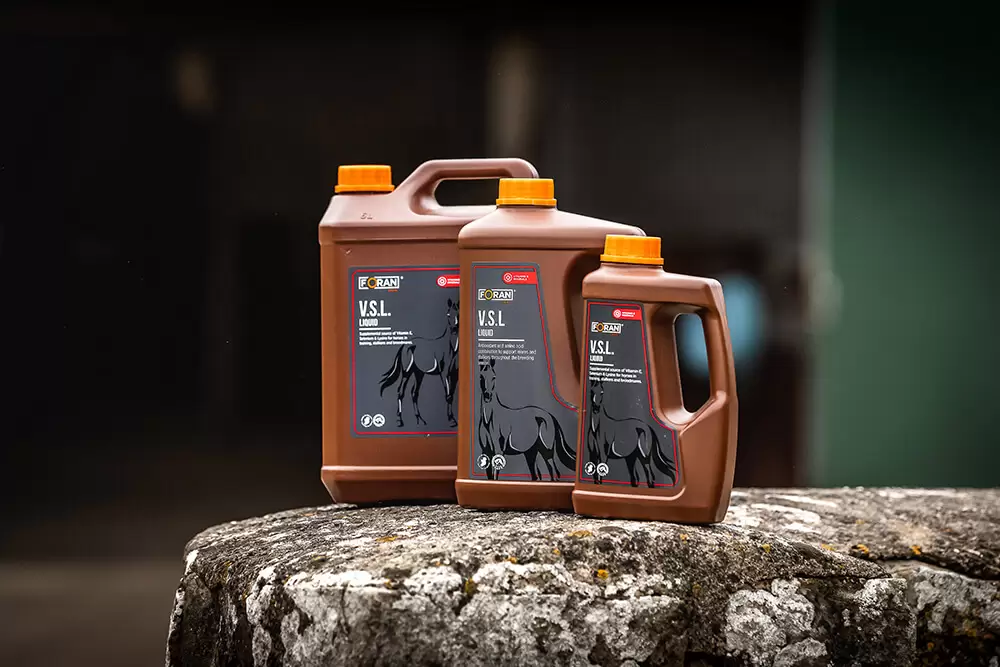
For more information on how antioxidant supplementation can benefit your horse, contact our equine experts.
References
1. Fatmagül, F., et al., Effects of Vitamin E and Selenium on Serum Trace and Major Elements in Horses, Biological Trace Element Research Journal, Nov 200
2. Sinatra, et al (2014)._Plasma _Coenzyme_Q10_and Tocopherols_in Thoroughbred Race Horses: Effect of Coenzyme Q10 Supplementation and Exercise. Journal of Equine Veterinary Science. 34.265–269.10.1016/j.jevs.2013.06.001
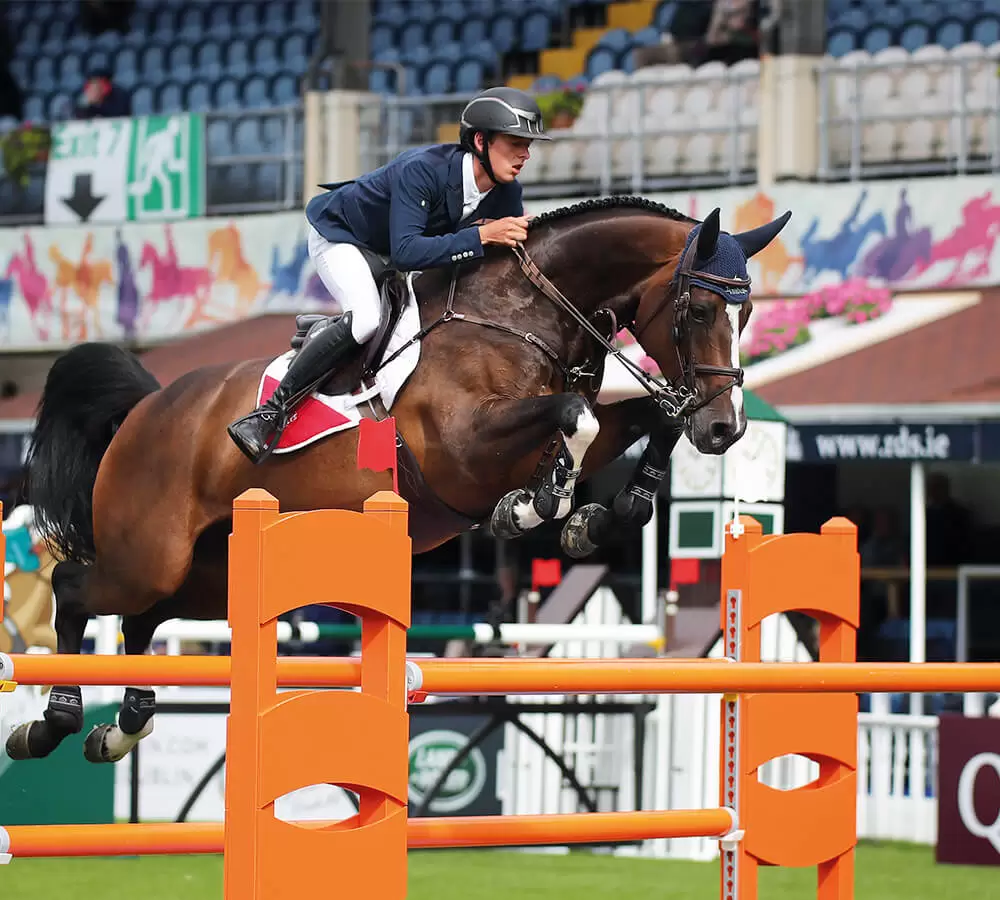





 E-Store
E-Store
